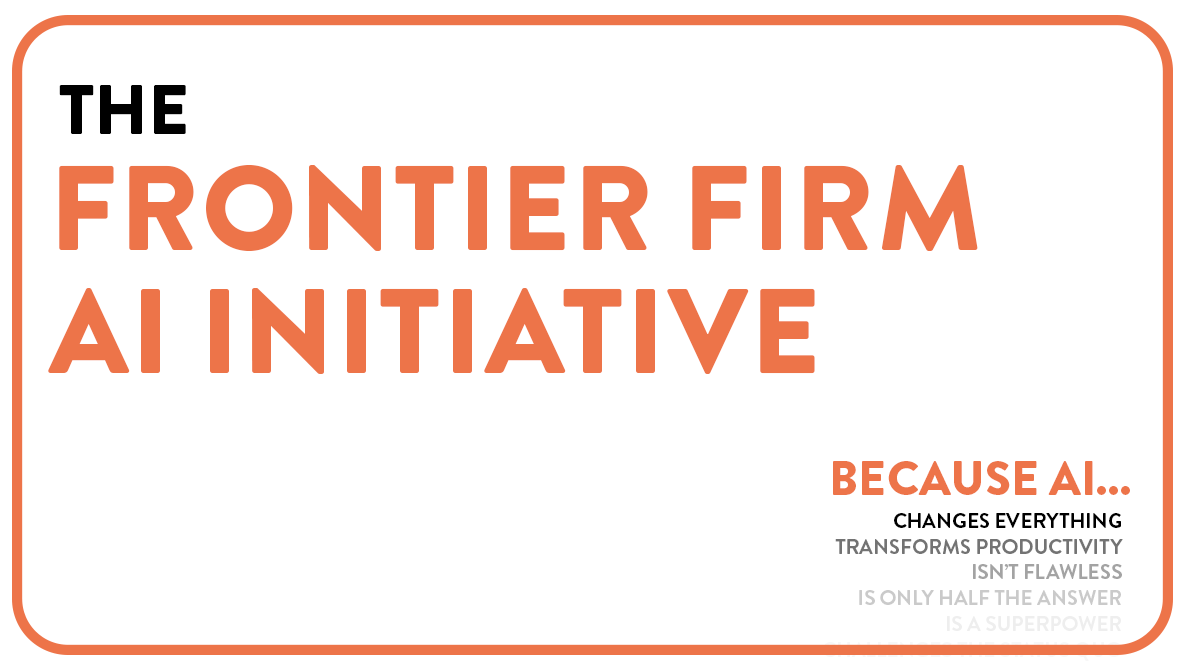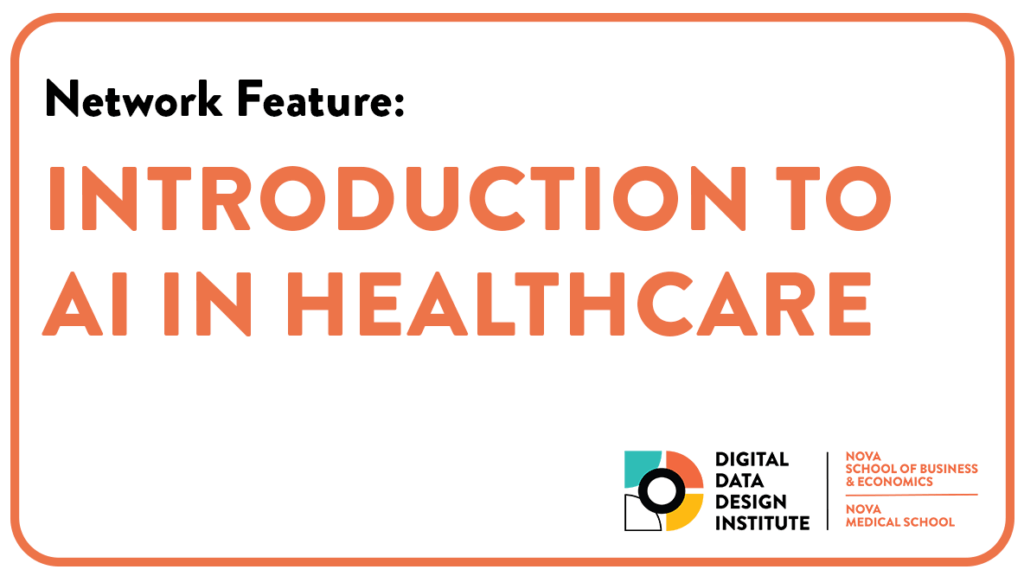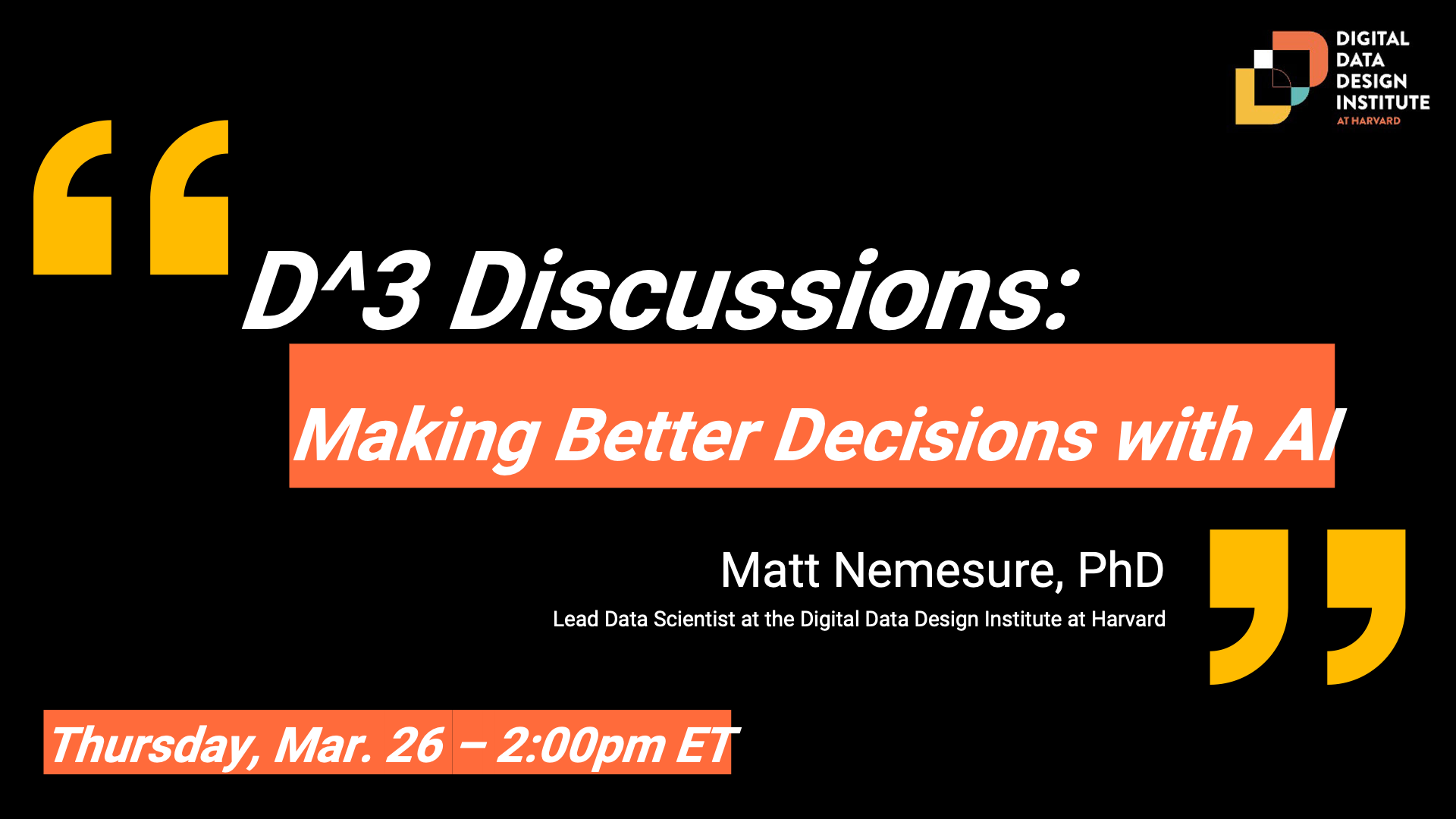
Future Proof with AI
Build AI Business Skills with D^3’s Online Learning Platform
Because AI
is only half the answer
“If your workers aren’t frustrated using AI, then you’re nowhere near where you should be.”
Mary ErdoesSir Martin Sorrell , D^3 Advisory Council Member and CEO of JPMorgan Asset and Wealth Management
Because AI
is a superpower

Drawing the Line on AI Usage in the Workplace
As AI systems increasingly outperform humans across a range of tasks, the economic logic seems clear: more capable, more cost-effective AI should lead to widespread automation. The new Harvard Business School working paper, “Performance of Principle: Resistance to Artificial Intelligence in the U.S. Labor Market,” co-authored by Simon Friis, postdoctoral fellow at the Laboratory for […]

It Feels Like AI Understands, But Do We Care? New Research on Empathy
Picture this: you receive a well-crafted, deeply understanding message about a personal struggle you’ve shared. It acknowledges your emotions, offers thoughtful support, and demonstrates genuine care. Now imagine learning that response came from an AI chatbot, not another human. Would that change how you felt about the interaction? As AI technology grows more sophisticated, LLMs […]

The People, Processes, and Politics of AI ROI
Executives rarely doubt AI’s potential anymore, but many are quietly unsure of their organization’s ability to make it pay off. If you’ve poured time and money into AI pilots and yet the bottom line barely moves, you’re not alone. In the new HBR article “Overcoming the Organizational Barriers to AI Adoption,” Jin Li, Feng Zhu—head […]

D^3 and Microsoft Launch Accelerated AI Research Initiative
Harvard Business School faculty, in collaboration with Microsoft and its clients, will study human-AI work, publish evidence-based blueprints, and deliver custom workshops for executives to rapidly reinvent global businesses as Frontier Firms; Eli Lilly and Company, EY, Lumen Technologies, and Nestlé among 14 organizations in the inaugural cohort. BOSTON, November 18, 2025 – Faculty at the Digital Data Design Institute at Harvard today […]

D^3 and Microsoft Launch Accelerated AI Research Initiative
Harvard Business School faculty, in collaboration with Microsoft and its clients, will study human-AI work, publish evidence-based blueprints, and deliver custom workshops for executives to rapidly reinvent global businesses as Frontier Firms; Eli Lilly and Company, EY, Lumen Technologies, and Nestlé among 14 organizations in the inaugural cohort. BOSTON, November 18, 2025 – Faculty at the Digital Data Design Institute at Harvard today […]
Because AI
transforms productivity


Written By
Nova School of Business & Economics
“…what’s different is the promise of this technology. AI has the capabilities of summarizing and allowing people to access tacit knowledge that is typically, you know, exclusive to experts.”
Raffaella Sadun John Winsor , Co-Principal Investigator at the Digital Reskilling Lab

One More Thing… How AI Companions Keep You Online
You don’t just slam a laptop shut on a friend. You say goodbye. That small social ritual turns out to be a powerful behavioral cue for AI companions, and an opportunity to keep you engaged longer. The new working paper “Emotional Manipulation by AI Companions,” co-authored by Julian De Freitas, Assistant Professor of Business Administration […]

When Giants Stumble: What Multiplication Reveals about AI’s Capabilities
Despite its impressive capabilities in reasoning, planning, and content generation, GenAI still struggles with the kind of mathematics that grade school students are expected to learn and master. What influence do transformers, the core architecture behind Large Language Models (LLMs), have in this problem, and can it be solved? In the new paper “Why Can’t […]
Because AI
changes everything
D^3 Discussions: Making Better Decisions with AI
Hosted by Matt Nemesure, PhD, Lead Data Scientist at the Digital Data Design Institute at Harvard (D^3), D^3 Discussions: Making Better Decisions with AI introduces how you can use AI to support clearer thinking, better decisions, and more efficient workflows across many domains. We’ll explore how AI can make sense of your information and data, […] Continue reading D^3 Discussions: Making Better Decisions with AI



Our digital future is being invented today
Our work at the Digital Data Design Institute at Harvard focuses our 14 labs around six communities of practice to produce and share research-rooted knowledge on how society and business are interacting with artificial intelligence (AI) and digital technologies.



